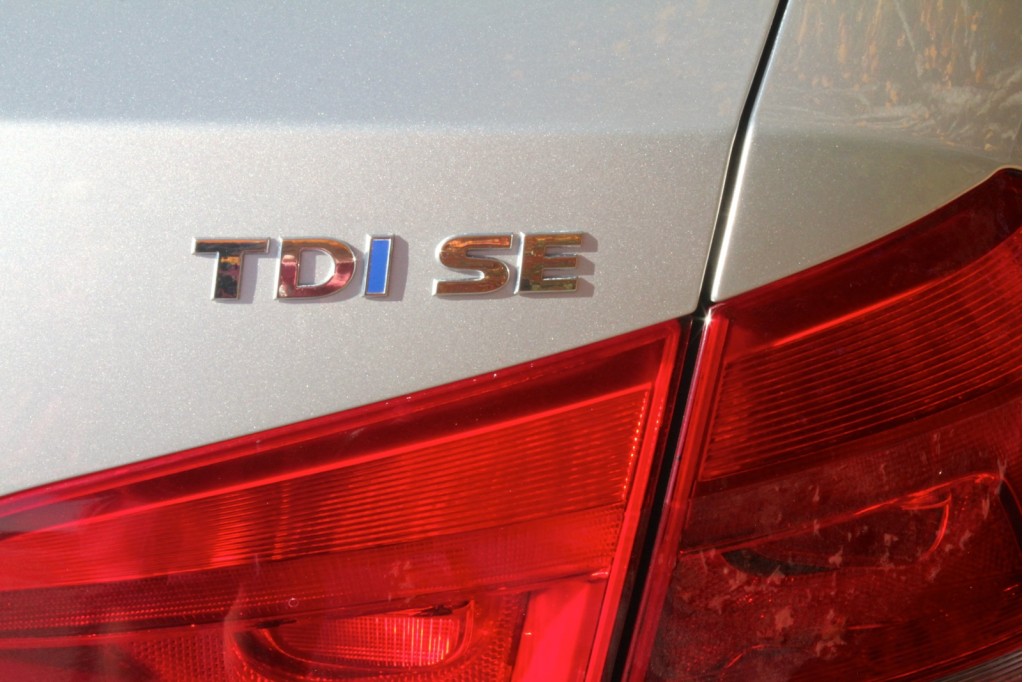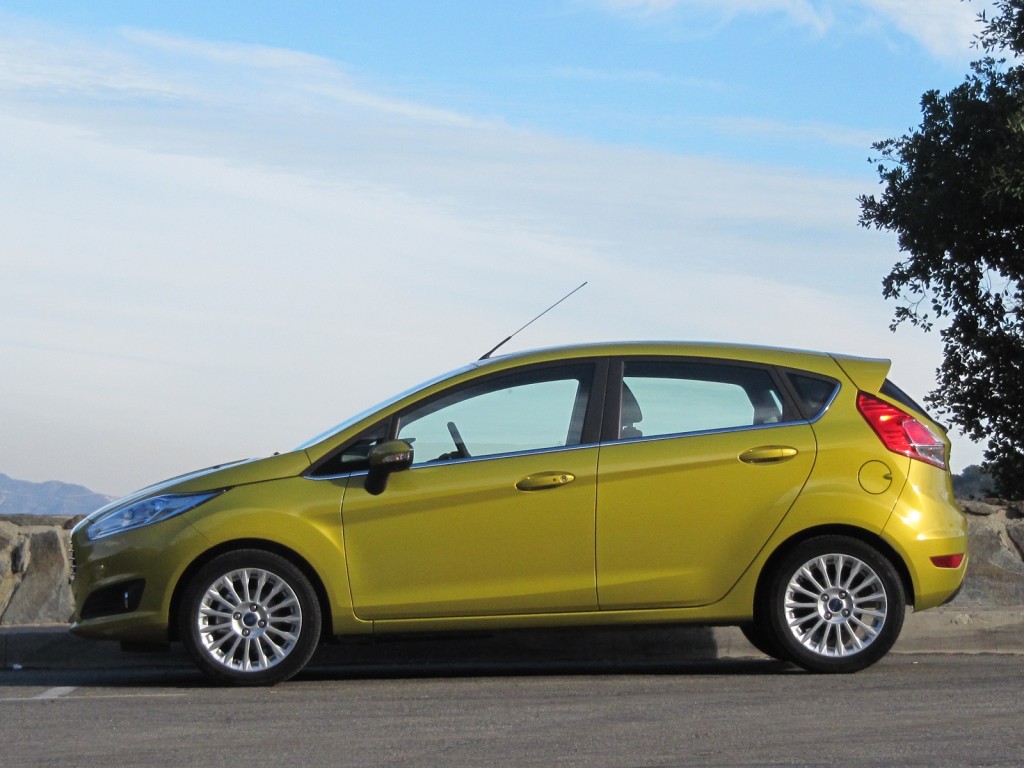As fuel efficiency standards tighten continuously between now and 2025, buyers will have more powertrain options to chose from.
And many have suggested there's a battle coming among smaller gasoline engines, diesels, and hybrids.
If so, we hope that buyers will do the research to look at the real-world fuel savings of each alternative--and NOT just the EPA ratings.
That's hard, because legally, the only figures automakers are allowed to cite in new-car ads are the EPA fuel-economy ratings for the city, highway, and combined test cycles.
In theory, that gives all manufacturers a level playing field and a set of reliable third-party data.
But as numerous sources now show, some vehicles pretty much hit their EPA combined ratings, while others vary considerably--often on the low side.
The EPA's FuelEconomy.gov website aggregates self-reported real-world mileage figures from owners of each vehicle it rates, and other sites--including the popular Fuelly--do the same.
And real-world efficiency is where diesels often shine.
It's widely acknowledged that because some EPA test cycles are so outdated and gentle, they don't reflect how people actually drive. The EPA has added additional test cycles in recent years in an attempt to address this problem.
But diesels are at their most efficient when running hard, meaning that they may thrive under hard use--especially in frequent high-speed highway use.

2012 Volkswagen Passat TDI Six-Month Road Test
(Hybrids are often better in stop-and-go low-speed traffic because they shut off their engines when the car stops or even slows.)
Owners of Volkswagen Jetta TDI diesel cars have overachieved on fuel efficiency for years, and often compare real-world mileages of 40 to 50 mpg--against a combined rating of 34 mpg.
Meanwhile, some of the newest hybrids don't come anywhere near their EPA ratings--Ford C-Max Hybrid and Ford Fusion Hybrid, we're looking at you--and there are questions about the real-world efficiency of turbocharged small gasoline engines too.
So is this the "secret sauce" that will lead to diesels quickly surging to prominence in the efficiency stakes?

2014 Ford Fiesta: EcoBoost (European version)
We can argue both sides of that, but clearly diesel makers feel their time is now at hand.
And they also have survey results showing that gasoline drivers might buy diesels, whereas hybrid buyers are very different from diesel drivers.
So if you're one of those buyers who's weighing fuel economy in your purchase, and you're weighing smaller turbocharged gasoline engines versus diesels, do yourself a favor.
By all means start with the EPA data. But then, have a look at the real-world results achieved by owners of each kind of car.
You may be surprised at what actually happens in the real world.
+++++++++++












